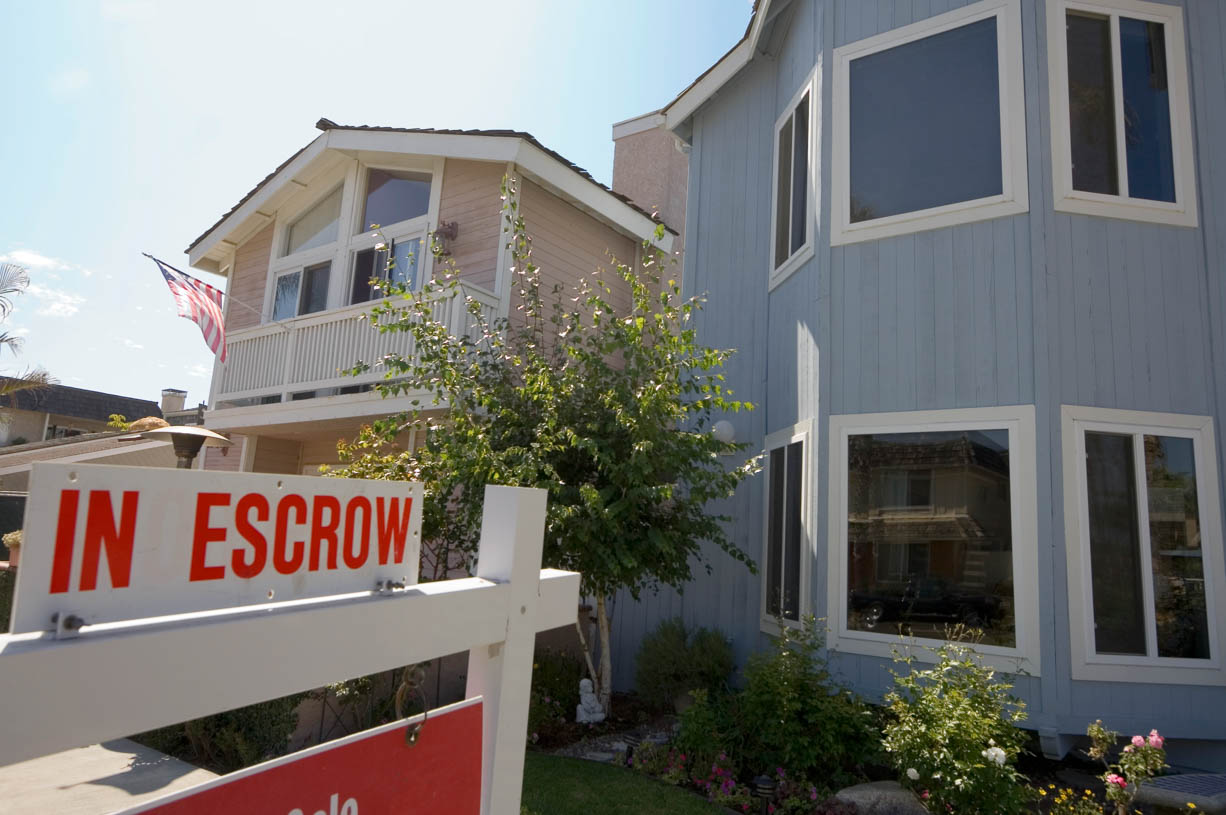What Does Escrow Mean In Real Estate?
January 11, 2022
If you’ve bought a home or are looking to, then you’ve probably heard the term “escrow” before. Escrow accounts are used regularly in financial transactions, especially in the real estate industry. However, the term “escrow” may be difficult for home buyers to understand. This blog post breaks down what exactly escrow is and how it is used in real estate transactions.
What Is Escrow?
Escrow is a term that refers to an account owned by a neutral third party that holds funds or property temporarily until the contractual agreements are met.
Escrow is used all throughout the home buying process. Before you officially buy a home and after, during the term of the mortgage loan.
What Does Escrow Mean When Buying a House
When it comes to buying a home, escrow accounts are usually used for two purposes.
- Escrow works to collect and make the property tax payments and payments for home insurance premiums each month.
- An escrow account temporarily holds the funds to buy a house until the sale is final and the escrow conditions are fulfilled.
The first purpose for escrow accounts is used while you are a homeowner and the second purpose is used during the home buying process. However, escrow accounts can be used for a variety of purposes.
How Do Escrow Accounts Work When Buying a House
An escrow account has a very important role in the home buying process. Having an escrow account protects your earnest money deposit, which adds a level of transparency with the seller.
An earnest money deposit or good-faith deposit is the money that you give to a seller before closing on a house to show that you are serious about buying their house. It’s similar to a security deposit. The deposit is put into escrow until the sale is final and the amount goes toward the closing costs. If the real estate deal falls through because of the seller, then the deposit is returned to the buyer.
Earnest money deposits are usually 1% to 2% of the purchase price of the house. If you are building a house, the deposit goes to the builder and usually makes up 5% of the sale price. The deposit may remain in escrow until the entire house is constructed.
What Are Monthly Escrow Payments?
Contrary to popular belief, a monthly mortgage payment isn’t the only consistent fee that comes with becoming a homeowner. There are also the fees from making monthly property tax and insurance payments. You are responsible for keeping up with both of these monthly fees and missing a tax payment, for example, could put you at risk of foreclosure.
It is hardly in any mortgage lenders best interest to see a borrower’s house foreclose which is why many lenders collect a payment to pay those fees on your behalf. These are called escrow payments and the monthly fee for the taxes and insurance could be added to your mortgage so that the lender can make the escrow payments for you.
What’s Not Covered With Escrow Payments?
Escrow accounts don’t include the expenses related to the everyday management of the house. For example, HOA fees or utility bills are expenses that you will have to cover on your own.
Similarly, taxes that are paid one-time are also not covered by the escrow payments, like an ownership transfer fee or a supplemental tax bill.
A supplemental tax bill is a fee that reflects an increase or decrease in the assessed value of the house. The bill is usually higher or lower than the taxes that have already been billed for the financial year.
Is It Required To Have An Escrow Account For a Mortgage Loan?
There are different requirements for escrow accounts for each type of mortgage loan you can apply for.
FHA and USDA loans require all borrowers to open an escrow account, while other loan types allow borrowers to opt out of using an escrow account if they meet certain requirements. For VHA loans, you need to put down at least 10% on a house and a strong credit score. For conventional loans, you’ll typically have to put down 20% on a house.
Having An Escrow Account Benefits Both The Buyer and Seller
Escrow is a term is used widely throughout the real estate industry. It’s used while buying a property and throughout the life of a homeowner’s mortgage term. In every scenario that an escrow account is used in real estate, it is being used to protect the parties involved. As a buyer, seller, or even as a mortgage lender, escrow accounts can protect your interests and save you from losing money or property.
Still have questions about escrow? You can always contact a real estate agent like a Negotiator to help explain the concept fully.
All the best.

